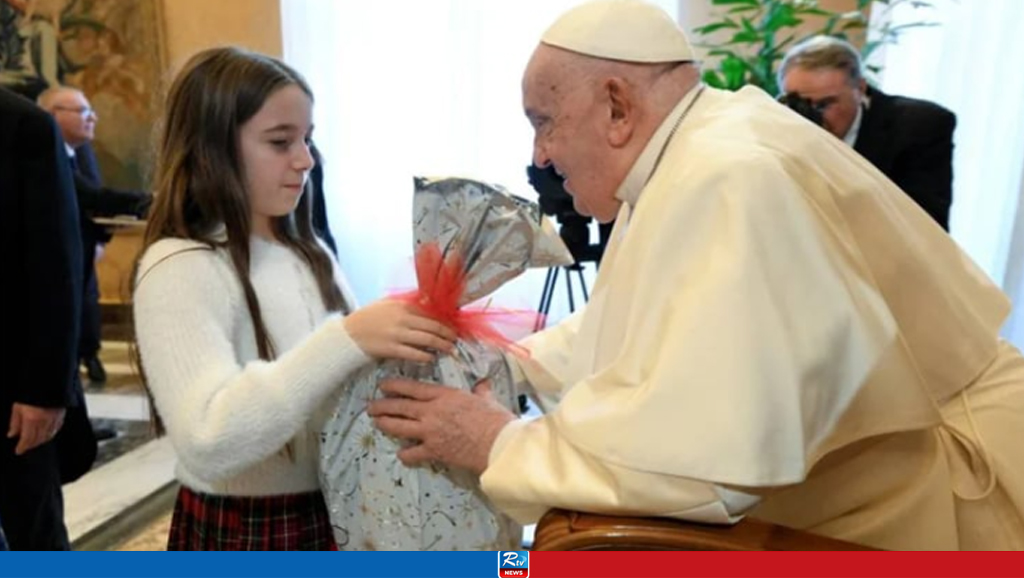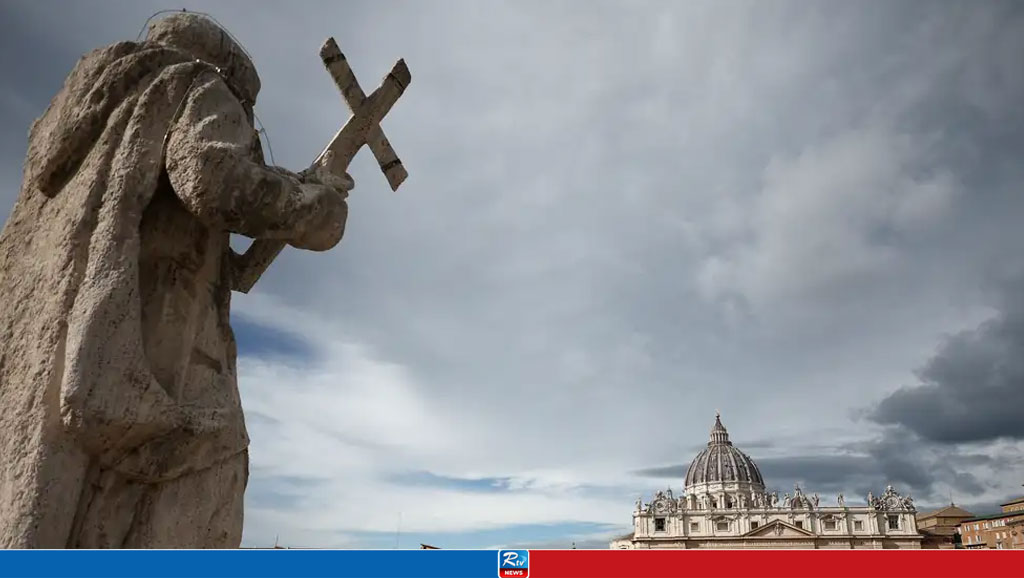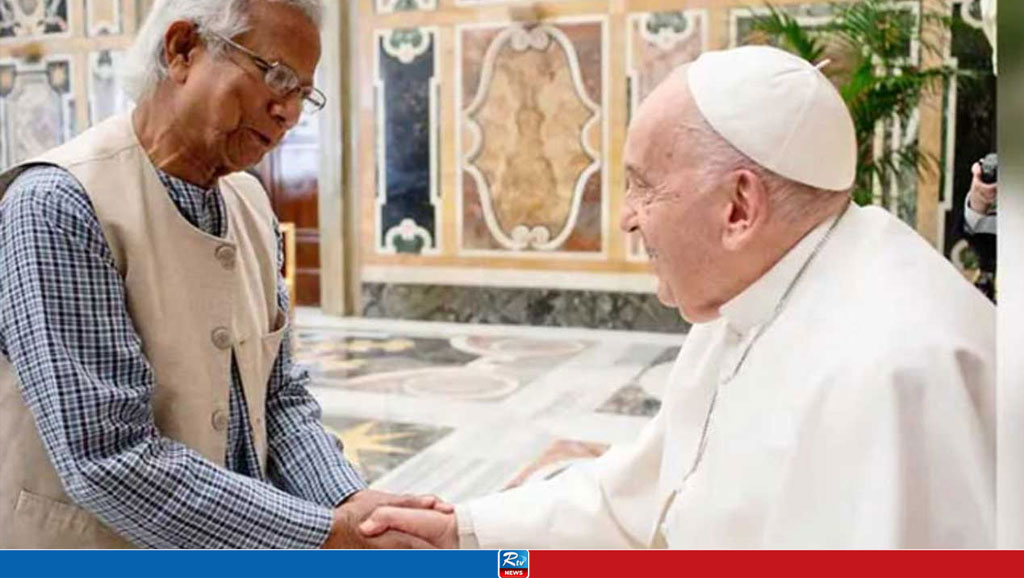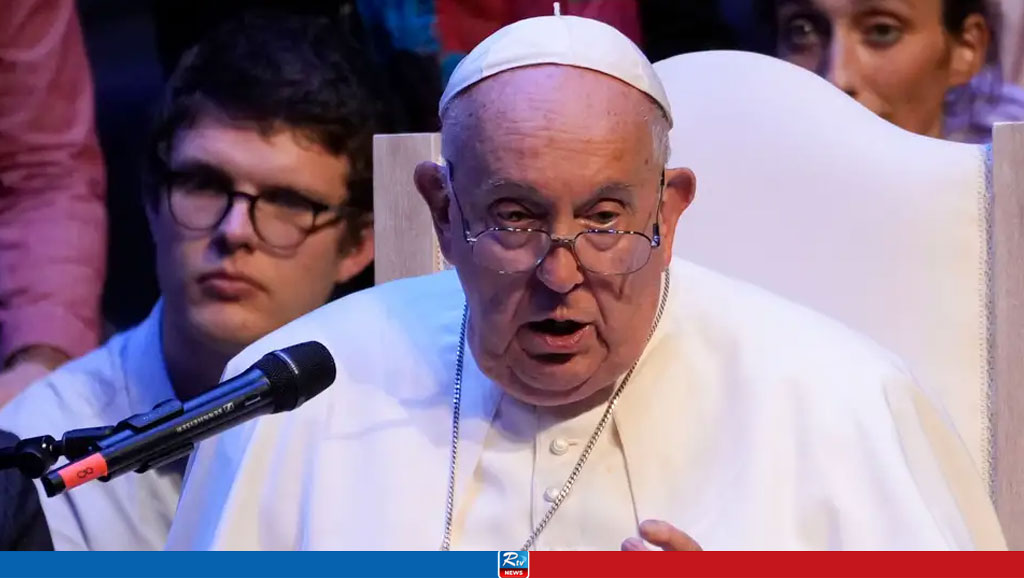Pope Urges 'All People of All Nations' to Silence Sound of Arms in Christmas Address
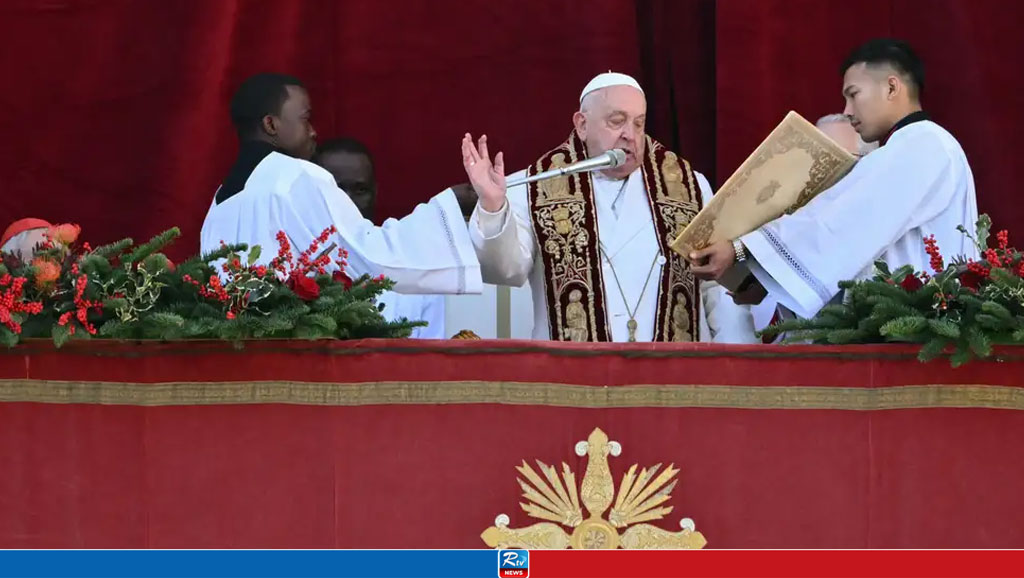
Pope Francis in his traditional Christmas message on Wednesday urged “all people of all nations” to find courage during this Holy Year “to silence the sounds of arms and overcome divisions” plaguing the world, from the Middle East to Ukraine, Africa to Asia.
The pontiff's “Urbi et Orbi” – “To the City and the World” – address serves as a summary of the woes facing the world this year. As Christmas coincided with the start of the 2025 Holy Year celebration that he dedicated to hope, Francis called for broad reconciliation, “even (with) our enemies.”
"I invite every individual, and all people of all nations ... to become pilgrims of hope, to silence the sounds of arms and overcome divisions,'' the pope said from the loggia of St. Peter's Basilica to throngs of people below.
The pope invoked the Holy Door of St. Peter’s Basilica, which he opened on Christmas Eve to launch the 2025 Jubilee, as representing God’s mercy, which “unties every knot; it tears down every wall of division; it dispels hatred and the spirit of revenge.”
He called for arms to be silenced in war-torn Ukraine and in the Middle East, singling out Christian communities in Israel and the Palestinian territories, “particularly in Gaza where the humanitarian situation is extremely grave,” as well as Lebanon and Syria “at this most delicate time.”
Francis repeated his calls for the release of hostages taken from Israel by Hamas on Oct. 7, 2023.
He cited a deadly outbreak of measles in the Democratic Republic of Congo, and the suffering of the people of Myanmar, forced to flee their homes by “the ongoing clash of arms.” The pope likewise remembered children suffering from war and hunger, the elderly living in solitude, those fleeing their homelands, who have lost their jobs, and are persecuted for their faith.
Pilgrims were lined up on Christmas Day to walk through the great Holy Door at the entrance of St. Peter’s Basilica, as the Jubilee is expected to bring some 32 million Catholic faithful to Rome.
Traversing the Holy Door is one way that the faithful can obtain indulgences, or forgiveness for sins during a Jubilee, a once-every-quarter-century tradition that dates from 1300.
Pilgrims submitted to security controls before entering the Holy Door, amid new security fears following a deadly Christmas market attack in Germany. Many paused to touch the door as they passed and made the sign of the cross upon entering the basilica dedicated to St. Peter, the founder of the Roman Catholic Church.
“You feel so humble when you go through the door that once you go through is almost like a release, a release of emotions,'' said Blanca Martin, a pilgrim from San Diego. "... It’s almost like a release of emotions, you feel like now you are able to let go and put everything in the hands of God. See I am getting emotional. It’s just a beautiful experience.”
Hanukkah, Judaism’s eight-day Festival of Lights, begins this year on Christmas Day, which has only happened four times since 1900.
The calendar confluence has inspired some religious leaders to host interfaith gatherings, such as a Hanukkah party hosted last week by several Jewish organizations in Houston, Texas, bringing together members of the city’s Latino and Jewish communities for latkes, the traditional potato pancake eaten on Hanukkah, topped with guacamole and salsa.
While Hanukkah is intended as an upbeat, celebratory holiday, rabbis note that it’s taking place this year as wars rage in the Middle East and fears rise over widespread incidents of antisemitism. The holidays overlap infrequently because the Jewish calendar is based on lunar cycles and is not in sync with the Gregorian calendar, which sets Christmas on Dec. 25. The last time Hanukkah began on Christmas Day was in 2005.
Christians in Nineveh Plains attended Christmas Mass on Tuesday at the Mar Georgis church in the centre of Telaskaf, Iraq, with security concerns about the future. “We feel that they will pull the rug out from under our feet at any time. Our fate is unknown here,” said Bayda Nadhim, a resident of Telaskaf.
Source: AP
Comments
BSF Reports: / Muslims, Not Hindus, Flocked to India from Bangladesh After August
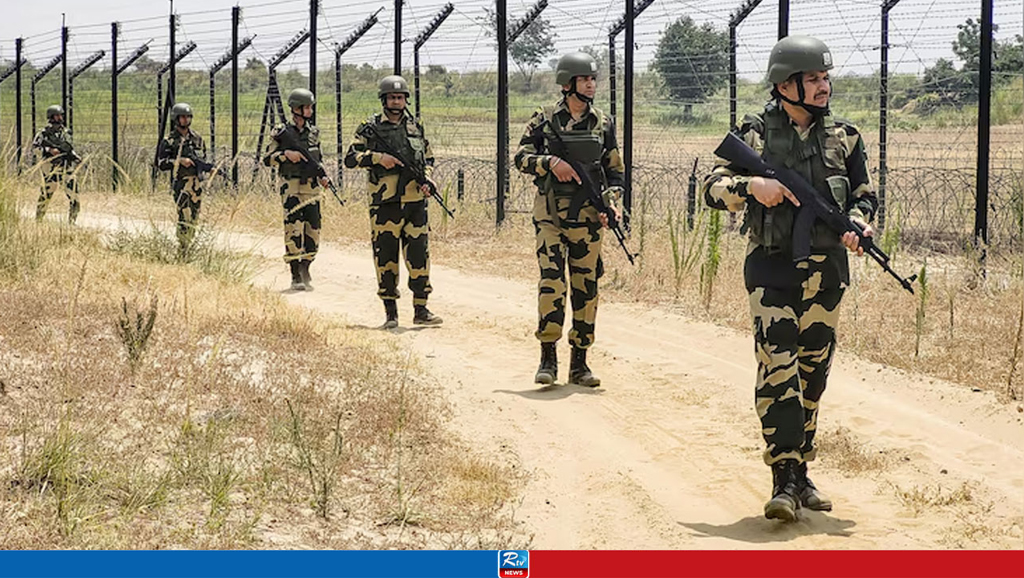
Pakistani Girls from Dawoodi Bohra community Continue to Grapple with Secretive Practice of FGM: Report
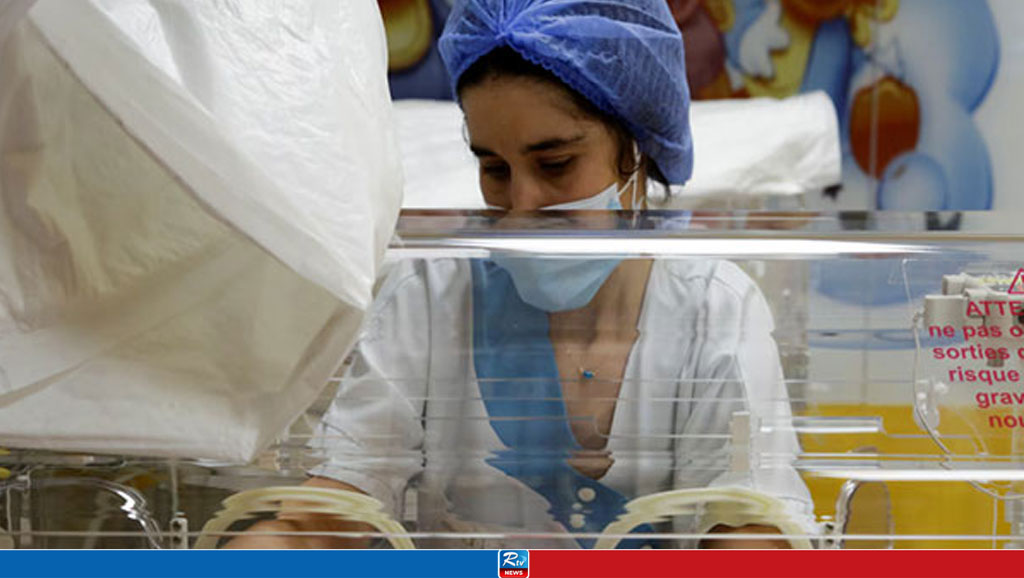
Pakistan Hikes Petrol, Diesel Prices Amid Public Outcry over Inflation

13 Soldiers Killed in Armed Attacks, BLA and BLF Claim Responsibility
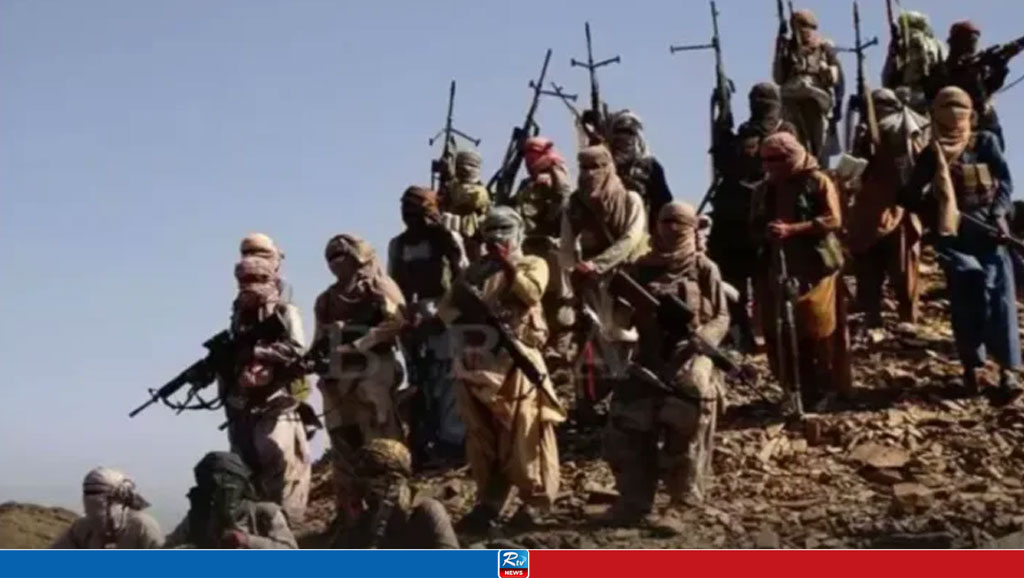
Gold Prices Surge to Two-Week High, Reasons Revealed
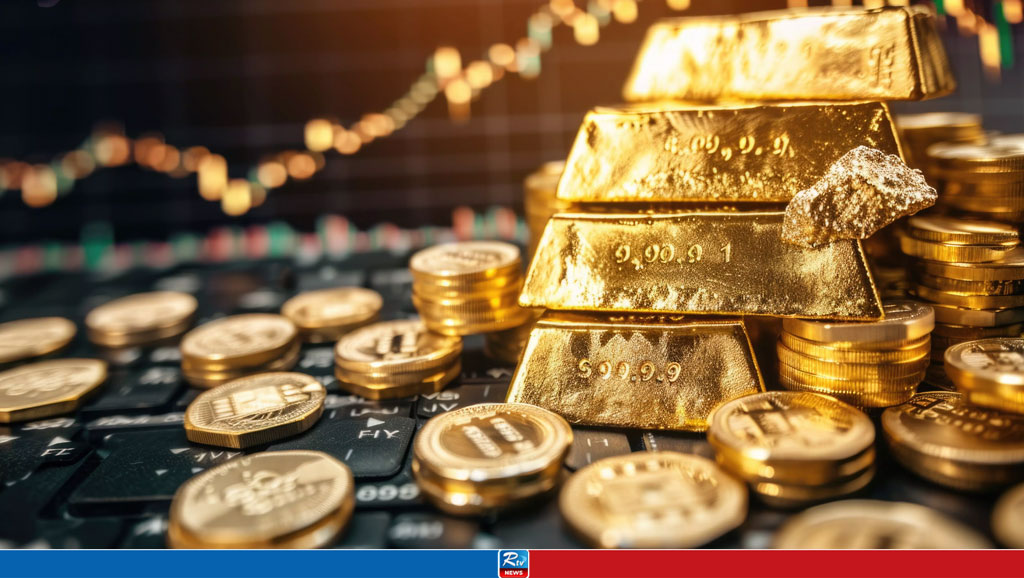
Thousands Evacuate over Volcanic Eruption Fears in Ethiopia
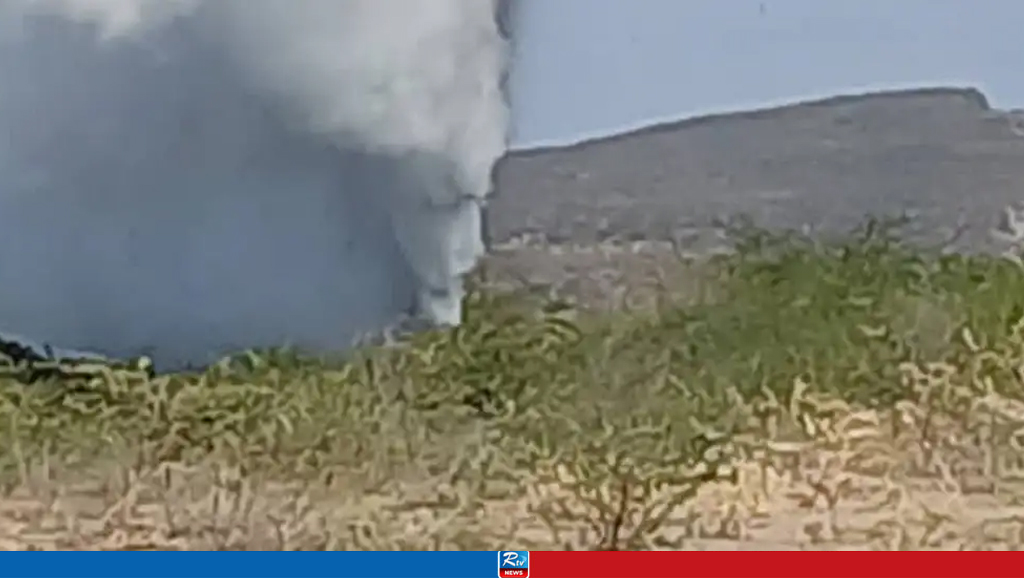
Gifted Flat Sparks Controversy: / Tulip Siddiq Under Scrutiny Over London Property
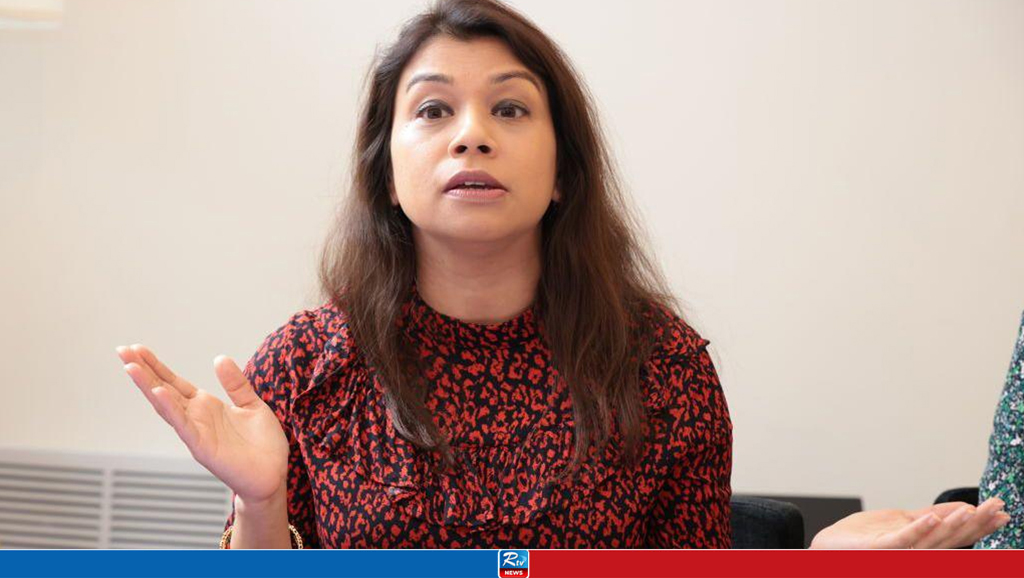

 Live Tv
Live Tv

